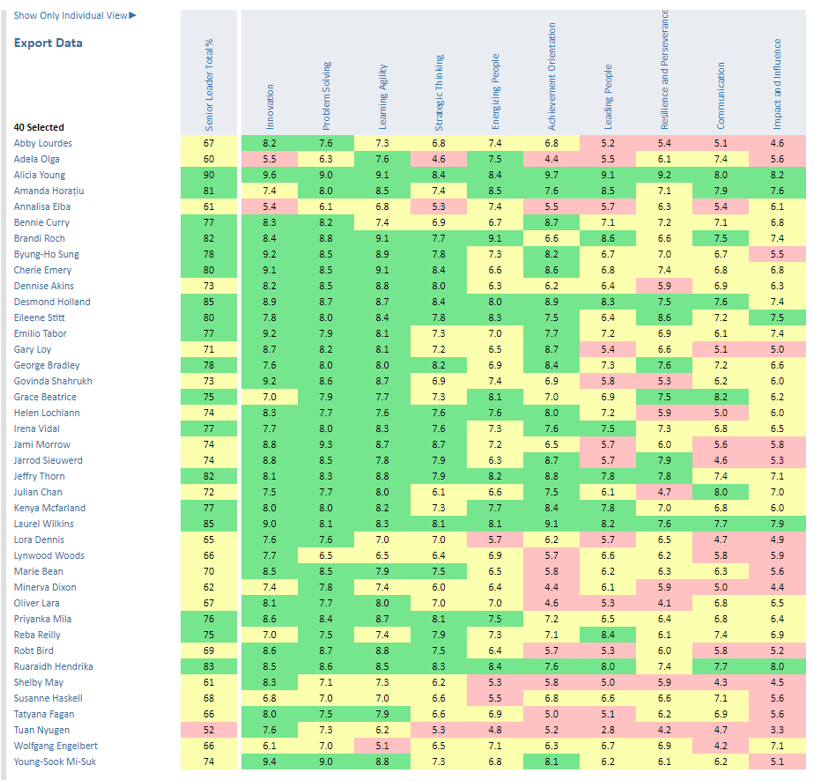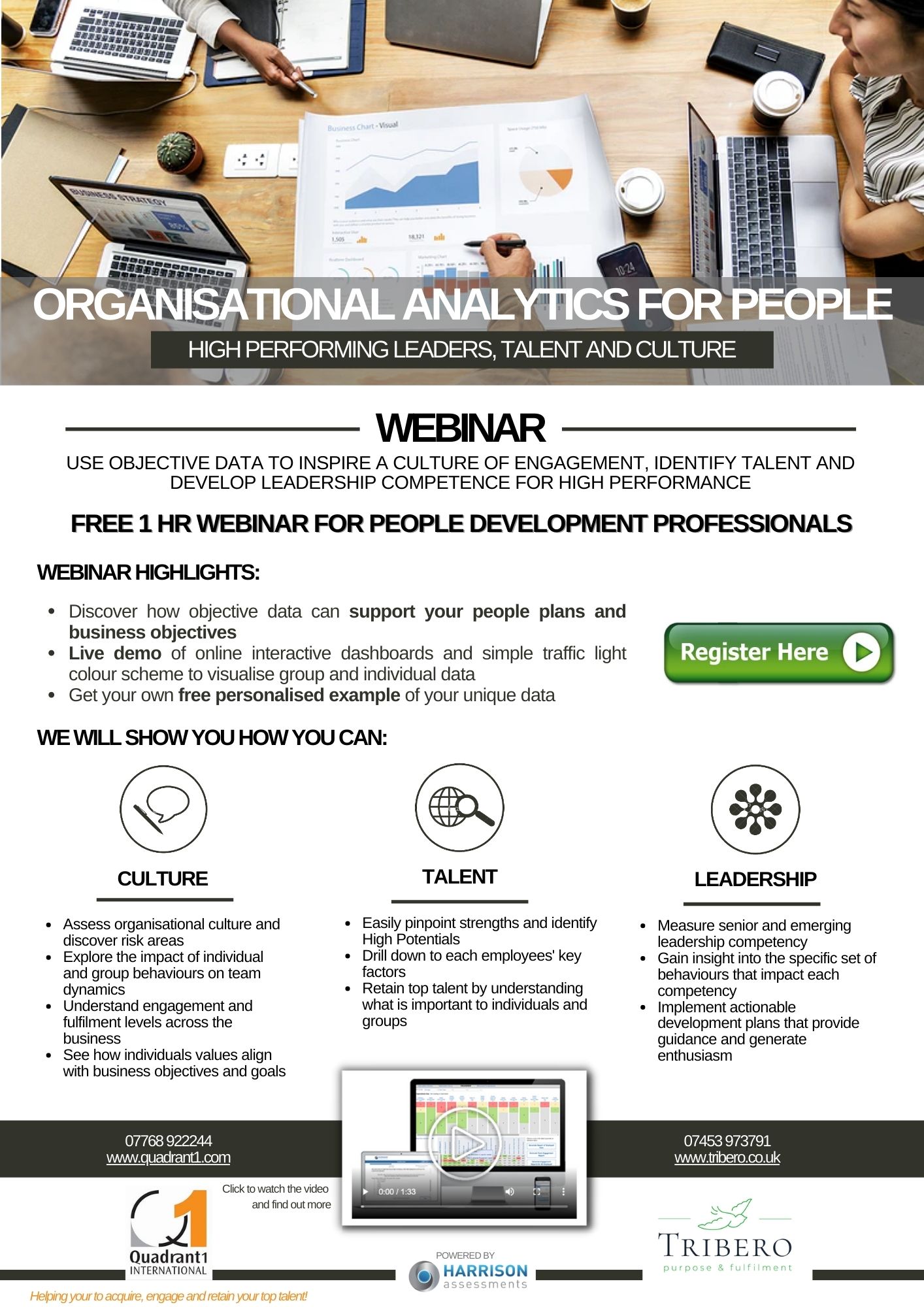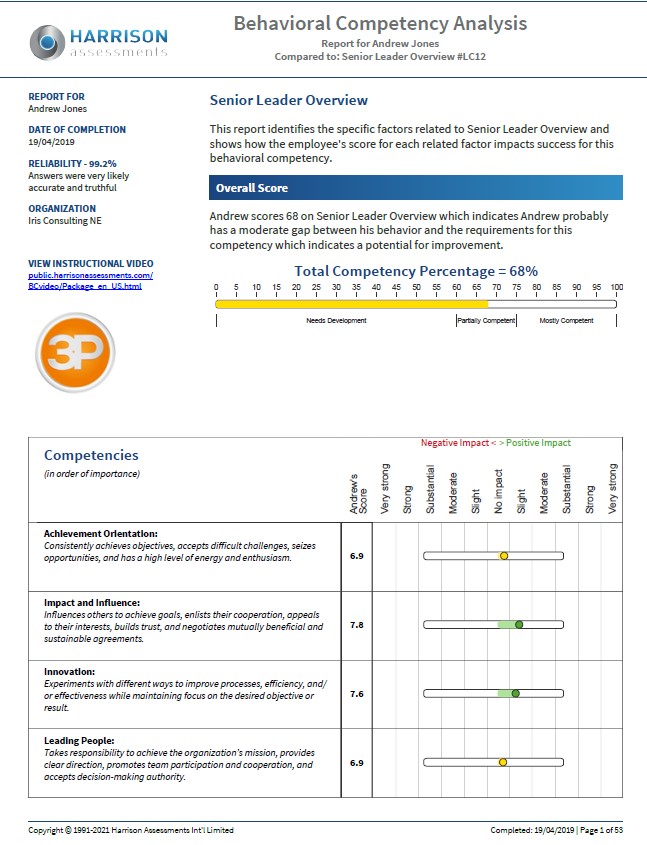Where do your leaders need most support?
A common thread often found in organisations is where managers and leaders have been promoted after demonstrating skill and success in operational roles. Unfortunately, many then appear to struggle to get to grips with the new role, and seem to lack some of the necessary skills and competencies required to make the step to becoming a successful leader for their teams.
The behaviours and resulting ramifications can often be seen and felt in the day to day workplace. Despite this, it can be difficult to pinpoint where to focus to help these people to develop more effective behaviours and strategies to improve these skills and bring better success in their role.
What could that focus look like?
This is a group overview of 40 managers, who have been objectively measured against 10 Leadership competencies.
If you were to look at the 9 areas of leadership competency in the graph below… which areas in particular would you say need some focus?

If you just look at the red areas then ‘Impact and Influence‘, ‘Leading People‘ and ‘Communication‘, in the first instance, perhaps? And then maybe ‘Achievement Orientation‘ and ‘Resilience and Perseverance‘. There doesn’t really seem to be any issues with ‘Problem Solving‘ skills or ‘Learning Agility‘. There’s a lot that could be improved across the amber areas as well to bring those skills up.
What could that look like and feel like in this organisation?
Perhaps a group of managers who are great at resolving issues, fighting fires, and taking learnings from experiences, success and mistakes and applying it to new situations.
However, perhaps some of them may not be so great at taking the lead in achieving the company’s mission and objectives, influencing and engaging their teams to contribute towards the company’s goals or communicating effectively with their teams to let them know what is expected of them.
Maybe a group of managers where some may have been promoted because they are good at their job – but haven’t yet been able to develop the leadership skills they need in their more strategic and influencing role.
And so if you look at the individual list view of those 40 managers below, who would you say could really benefit from some development and support to be able to better succeed in their role?

Clearly, everyone can always benefit from development and support. In this case, it would probably be helpful to get a better understanding of what is going on with Tuan Nyugen. And it would be worth looking at what additional development would be helpful for Adela Olga, Annalisa Elba, Shelby May and Minerva Dixon to improve their leadership skills.
It’s also quite easy to see who could make up a cohort for some skills development around ‘Impact and Influence‘ (last column), or Communications skills (2nd to last column).
And maybe it is apparent which managers could be considered for a benchmarking success exercise to support succession planning and recruitment plans. leaders skills and competencies
Visualise your Group Data
 This is just a snapshot of the high-level Organisational Analytics data available just across these 10 Leadership competencies. You can also get data for your people and your organisation on:
This is just a snapshot of the high-level Organisational Analytics data available just across these 10 Leadership competencies. You can also get data for your people and your organisation on:
- Culture of your organisation
- Individual’s alignment with your organisation’s core values
- Individual and collective engagement factors and fulfilment levels of those engagement factors
- Collaboration and Team competencies
- Team Dynamics
- Emotional Intelligence competencies
- Remote Working competencies
How helpful would this data be for informing your people development plans, culture and engagement programmes and succession plans?
You can find out more about Organisational Analytics here. leaders skills and competencies
If you would like to discuss how Organisational Analytics can help support your business objectives and people plans please contact Pat Hutchinson: pat@quadrant1.com or on 07768 922244










 Resilience and Perseverance – what is it?
Resilience and Perseverance – what is it? 1 – As a leader, it’s our responsibility to lead through the good and bad. Our team needs to know that, whatever else is going on, we are there to support them and to help them learn and grow from the challenges they face too.
1 – As a leader, it’s our responsibility to lead through the good and bad. Our team needs to know that, whatever else is going on, we are there to support them and to help them learn and grow from the challenges they face too. Throughout the Euro 2020 campaign Southgate demonstrated excellent leadership qualities, generating respect and admiration across the board. Southgate’s comments on last night’s loss epitomise these qualities:
Throughout the Euro 2020 campaign Southgate demonstrated excellent leadership qualities, generating respect and admiration across the board. Southgate’s comments on last night’s loss epitomise these qualities:










